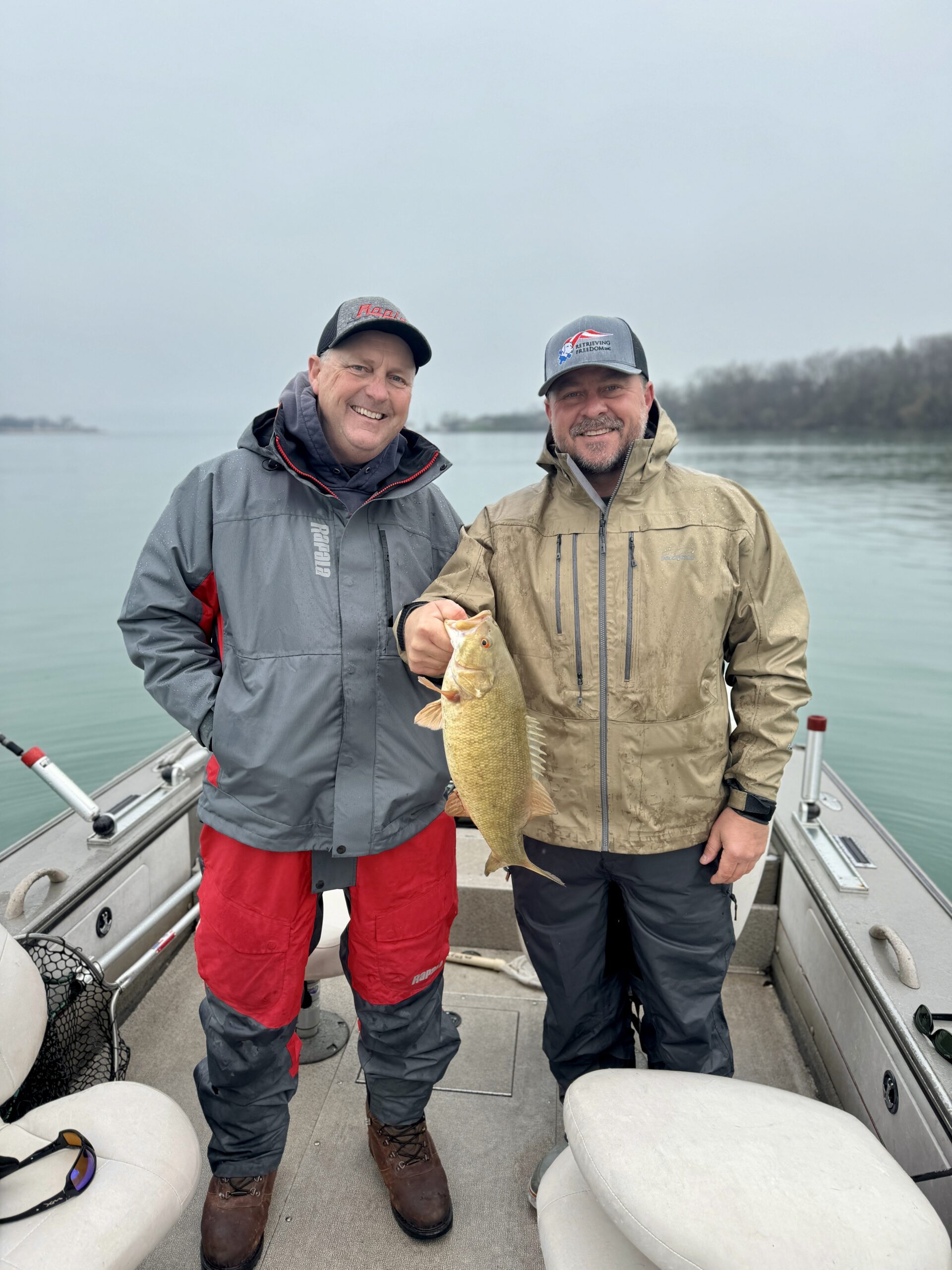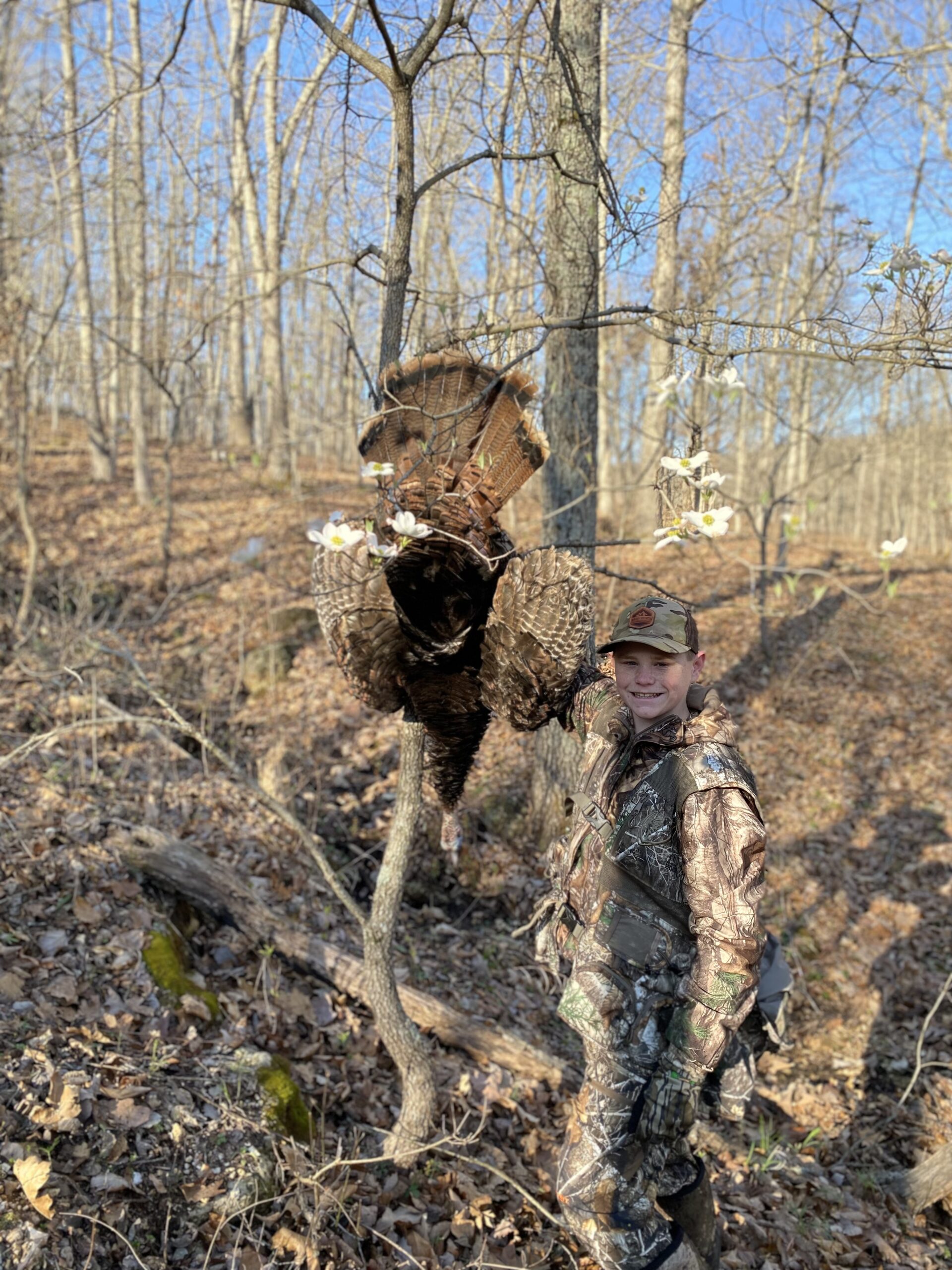Across the Ozarks, black bears are growing in number. This incredible conservation story is one we should all be proud of. Black bears are incredible creatures that belong on our landscape, but as their populations expand, we must recognize the necessity of taking precaution in bear country to ensure the safety of those venturing outdoors, while doing our part to ensure their welcomed restoration and survival of native Missouri species.
If you are planning to camp in the Missouri Ozarks this year, you’re headed to bear country. Now, with only an estimated 300 or so bears in the state, your chances of coming into contact with one are very slim. Still, you need to be prepared and take precautions. Being responsible in the wilderness isn’t something you should do, it’s something you have to do.
Bears inhabit many of the most wild and scenic regions of Missouri. The fact that bears are in these wilderness areas is part of the reason why we are so interested in visiting. We want to experience wildlife in wild places. What we don’t want is any kind of confrontation.
Camping in bear country isn’t a problem if you follow a few simple steps. The Missouri Department of Conservation has an interactive map showing the locations of black bear sightings in the state. It’s a little hard to find on the MDC website, but worth checking out. First, scroll to the bottom of the MDC homepage and click on the blue box that says, Conservation Areas: Places to Go. Again, scroll down and click on the link for Interactive MDC Maps. Click the slider to the right, and you should see the box, Missouri Black Bear Sightings. Click it and you’ll be able to see the sightings map. It’s pretty full.
If you’re heading to bear country, just take a little precaution and be smart. Never feed a bear or approach one. The following list was put together by the Missouri Department of Conservation to help people prepare for camping and recreating in bear country.
1. NEVER FEED BEARS
Not only does feeding bears and other wildlife encourage an unhealthy loss of wildness, it can help spread diseases by concentrating animals around an unnatural food source. Attempts to hand-feed wildlife are even more dangerous.
2. KEEP A CLEAN CAMP
Bears don’t discriminate between food and garbage. They find food scraps and wrappers as enticing as a full meal. Check the area around dog bowls for stray food after feeding.
3. WASH UTENSILS AFTER COOKING
Bears’ keen sense of smell can detect food odors long after cooking is done.
4. START FOOD PREP AT HOME
Peeling and slicing vegetables, cooking meat and doing other food preparation at home reduces the amount of garbage and smell produced in camp. It also allows more time for outdoor activities.
5. STORE FOOD IN AIRTIGHT CONTAINERS
Rubberized dry bags, jars with tight-sealing lids and sealable plastic bags help minimize tantalizing aromas. Store food in locked vehicles or car trunks at night.
6. DON’T COOK OR EAT IN TENTS
With people hidden from view, a bear can mistake a tent for a food source.
7. KEEP GARBAGE SEALED UP
Double bag refuse and lock it in a car trunk or airtight container.
8. TREAT SCENTED ITEMS LIKE FOOD
Soap, cosmetics and other scented items don’t smell like food to you, but they do to a bear.
9. NEVER APPROACH BEARS
Wild animals are unpredictable and can be dangerous when brought into unnatural contact with people. Don’t put yourself and them at risk by trying to create a Disney moment.
10. KEEP DOGS LEASHED
Bears normally flee when they encounter people, but if cornered by a dog they will defend themselves.
See you down the trail…



